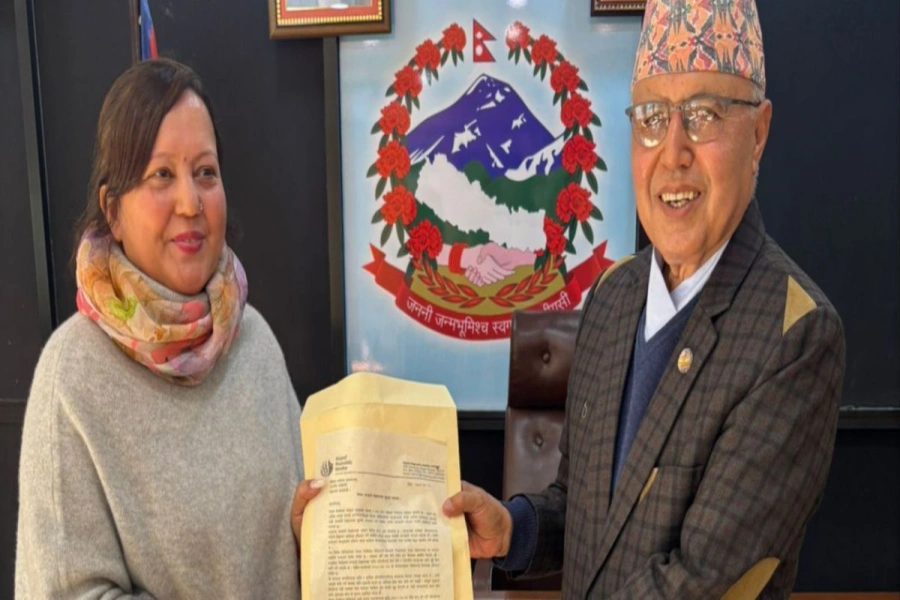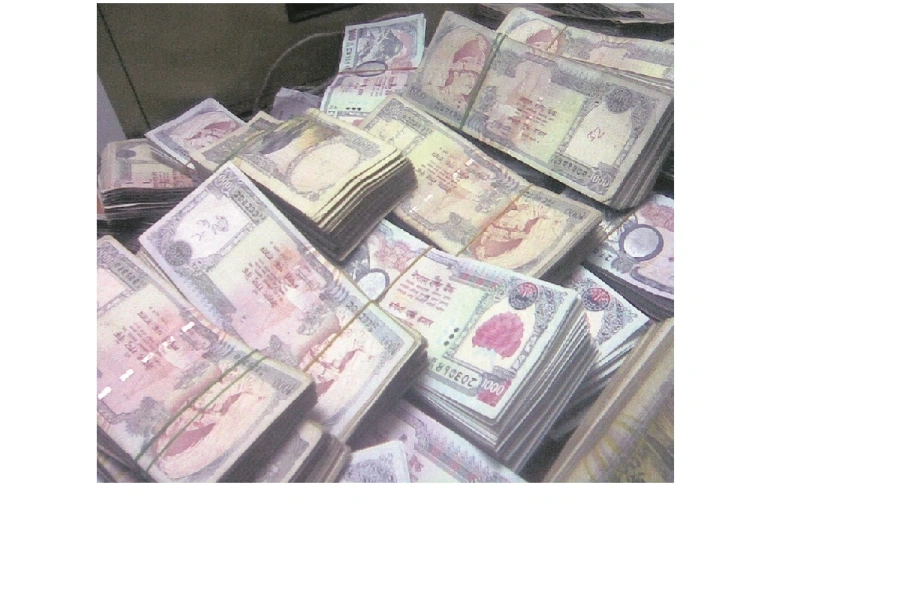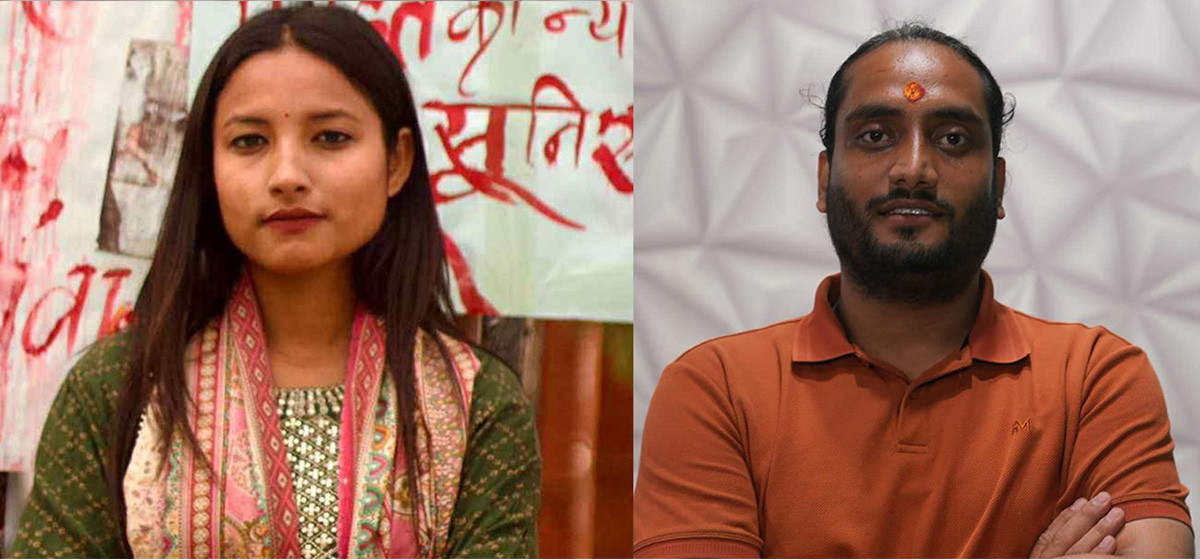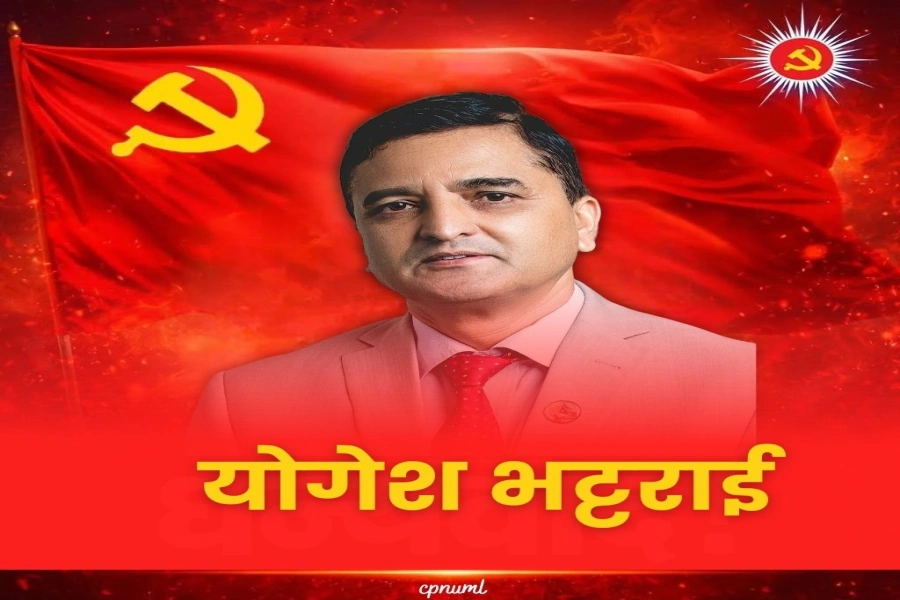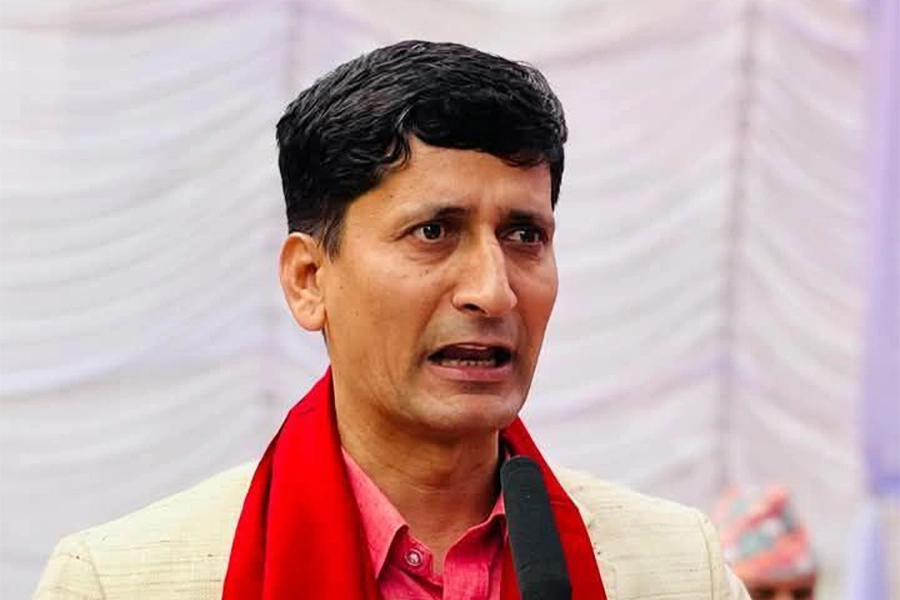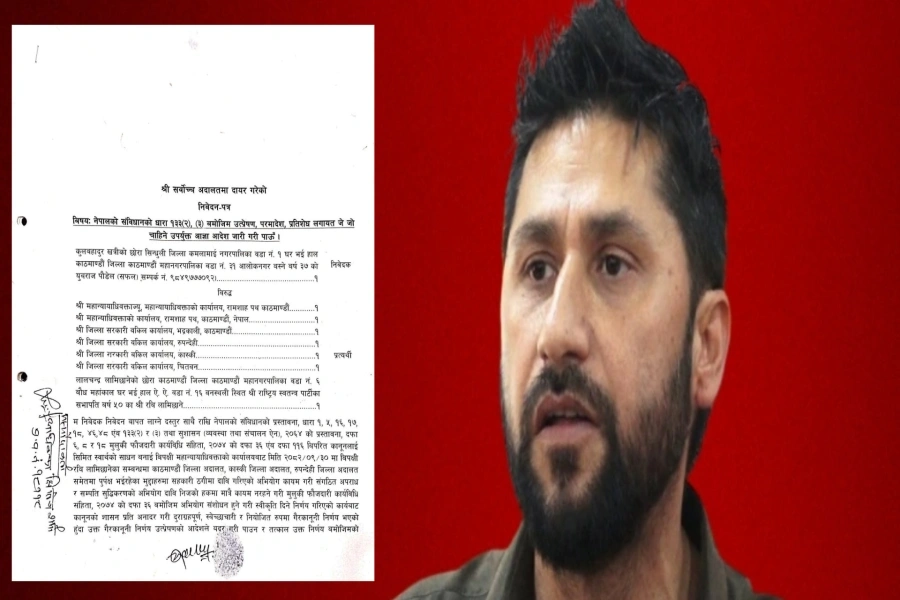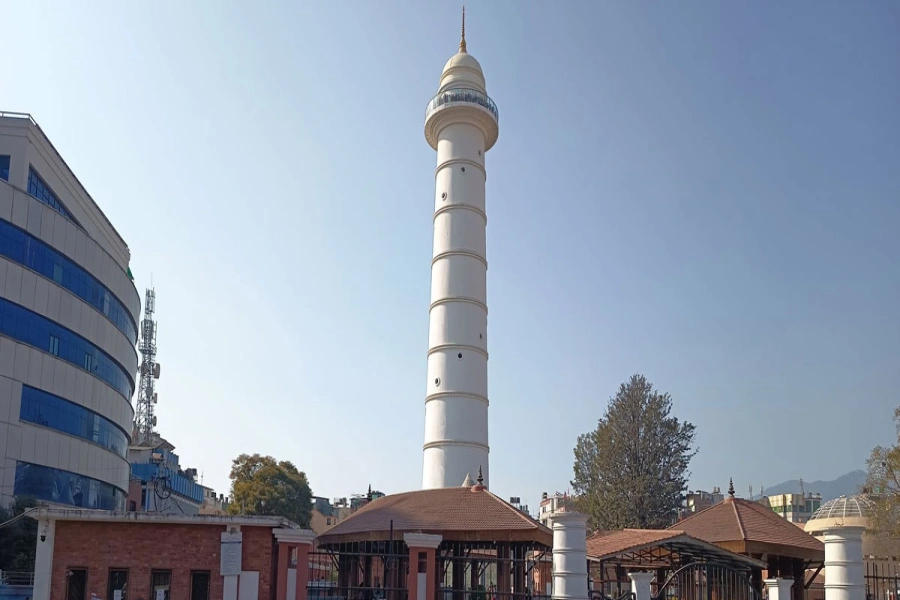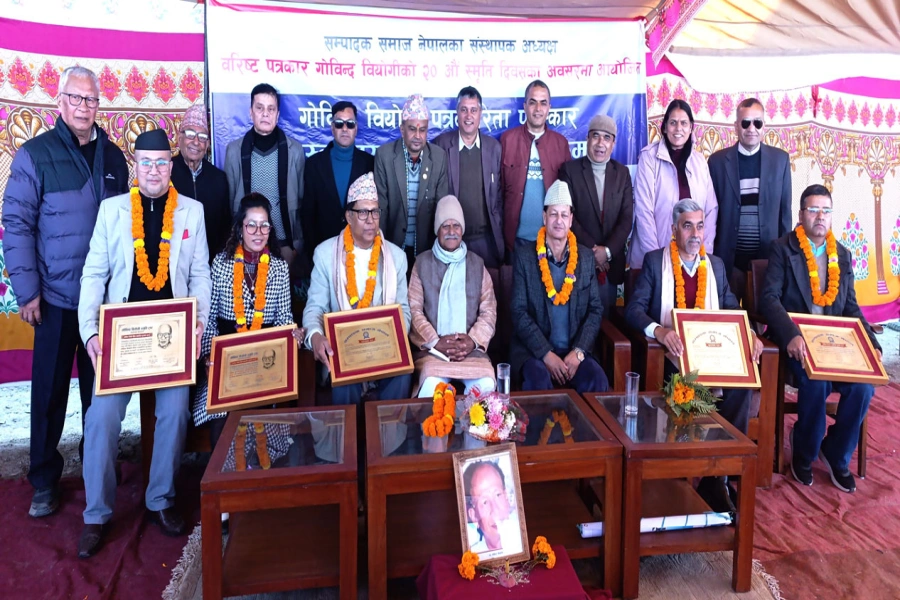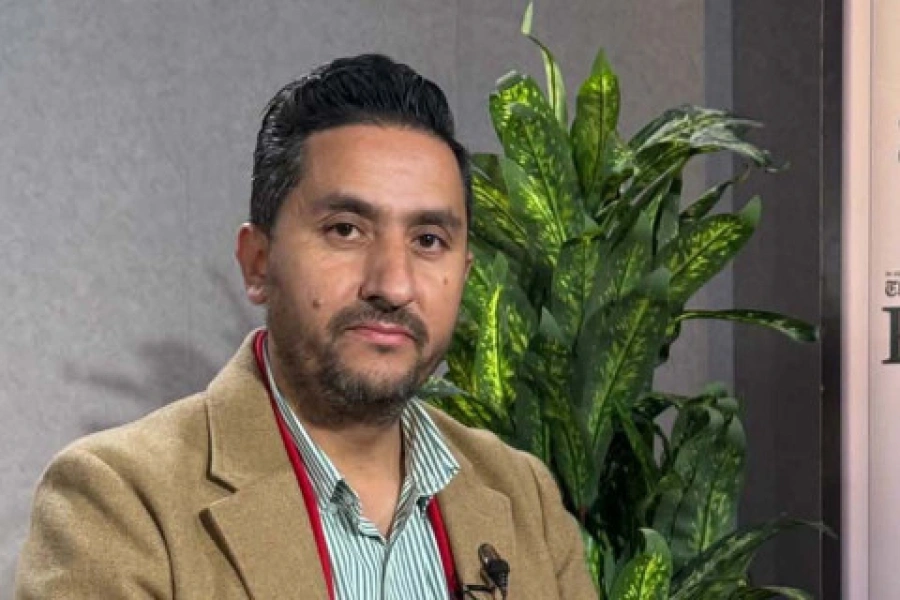There is a long way to go before Nepal becomes a meaningful democracy but the future of democracy is bright in Nepal
Human rights in the modern sense of the term developed mainly after the establishment of the United Nations and within the framework of Western political thought. Yes, there were elements of human rights and good governance inbuilt in other civilizations too, but they were not developed in Asia, Africa and Latin America when these countries came under colonial subjugation and under colonial rule the chances of human rights being developed diminished. The Buddhist, Hindu and Islamic traditions have their own elements of human rights built in the religious scriptures.
But when these countries gained independence from their colonial rulers they embraced Western concepts of democracy and human rights. India had its own Eastern ancient and rich religious, political and cultural heritage and it could have turned to its own heritage to develop its own, distinctive system of governance upon independence. But it did not do so.
Ancient roots
Although the vernacular version of Hinduism in the middle age was ridden with inequality based on gender and caste systems, there were elements of good governance in Hindu philosophy. An earlier or more ancient version of Hinduism known as the Vedanta Darshan had no elements of discrimination based on gender or caste. According to this philosophy, the soul in every human being is the same and therefore, all human beings should be treated the same.
The Vedanta Philosophy advocated equality among all human beings. But latter-day corruption of the Hindu religious scriptures divided the society into different castes, creating an unequal society and relegating the people belonging to lower classes to an unequal status. Dissatisfied, disenchanted and disillusioned by these discriminatory practices in Hinduism and concerned by the misery suffered by other people, a Nepali Hindu prince, Siddhartha Gautam, decided to rebel and embarked upon a quest for an idea, belief and social yardstick for bringing harmony, peace, equality and happiness among all human beings.
Although he was a religious rebel of the time and largely an atheist, he did not discard Hinduism but sought to reform it by propounding new values and ideas that advocate egalitarianism and tolerance. His teachings revolved around five virtues: compassion, charity, generosity, purity and truthfulness. No wonder masses of people across Asia who had been relegated to an inferior category by Brahministic version of Hinduism were attracted to the egalitarian values of Buddhism, which offered a perfect antidote to discriminatory practices in Hinduism.
Case of Nepal
No one should dream of going against democracy: PM Deuba

Despite being the country of Buddha and a Hindu Kingdom for much of its modern history, Nepal did not consider developing its own system of governance based on either Hindu or Buddhist tenets. This is because it was ruled for a long time by Rana oligarchs or Shah kings, who lacked vision and foresight needed to do so.
The Constitution of 1990 laid the foundation for development of constitutionalism and for the restoration of democratic values. But the people who came to power after the 1990 Constitution could not provide the visionary leadership required to manage the process of transition from autocracy to democracy. If there had been no political mismanagement after the restoration of democracy in 1990, Nepal could have perhaps avoided the brutal 10-year long Maoist insurgency which caused irreversible harm to the social fabric and pushed the country to a period of political instability.
Those who wrote the 2015 Constitution decided to include all rights for all to satisfy the demands of different ethnic, cultural and linguistic groups but implementing these rights is a challenge for the government in this resource poor country.
The new Constitution includes a long list of rights including the right to education, health, housing, employment and food sovereignty. Some of the rights cannot be suspended even during the emergency. The Supreme Court has extra-ordinary powers to issue necessary and appropriate writs to enforce such rights or settle the dispute.
Since Nepal is a party to most international human rights treaties, these treaties have had a profound impact on the development of human rights in the country. Judges in Nepal have overwhelmingly used ‘international law’ in developing the country’s human rights jurisprudence.
Gains of our times
There are many positive aspects of political and constitutional changes in Nepal. First, the country abolished monarchy in a peaceful manner. Second, Nepal’s peace process has been an indigenous one in which the politicians took ownership of the process. This has not been the case in many countries around the globe. Cambodia is an example where the UN needed to be heavily involved in managing the peace process. Third, there is no political violence at present in Nepal. This is a source of hope for the future of the nation. Fourth, the media exercises full freedom of expression. Fifth, the civil society has also evolved as a vibrant institution significantly contributing to the establishment of a sound democratic system. Voluntary action by citizens has played a supportive role in safeguarding human rights.
Sixth, women participation in parliament is perhaps the highest in South Asia, if not in the whole of Asia.
Seventh, Nepal’s constitution includes perhaps the longest list of human rights compared to any other constitutions in South Asia, if not the whole of Asia. Eighth, Nepal’s record of ratification of international human rights treaties is also unparallel in South Asia, if not in the whole of Asia.
Ninth, Nepal’s constitution was written and adopted by a two-thirds majority of Constituent Assembly. It is based on democratic principles, the rule of law, respect for human rights, and judicial independence. All this shows that Nepal’s democracy is maturing.
Tough spots
However, democratic culture and the rule of law are still weak. Many institutions created by the constitution have been rendered ineffective. The anti-corruption body, the Commission on the Investigation of Abuse of Authority (CIAA), has lost its gravitas. Consequently, it has deteriorated into a marginalized institution.
Likewise, National Human Rights Commission is a weak institution in terms of its powers and the influence it has on the functioning of government. The management of the issues associated with transitional justice has not been satisfactory. The civil service and the institutions of higher education are suffering from politicization and the judiciary is suffering from political interference.
Most of the political leaders of Nepal from 1990 to the present day have been unprincipled tacticians interested in gaining and remaining in power rather than visionary leaders who can command the respect of the population and usher the country towards stronger democracy, rule of law and greater respect for human rights. There is hardly any political leader at present in Nepal who can speak with authority from the high altars of morality or intellectual gravitas, who has the ability to rally the people for a momentous change in the country and who is respected by the majority of the people.
The constitution is democratic but the culture of governance is not fully democratic. The present-day political leaders have not fully internalized democratic norms. They are presiding over a democratic system of governance, but most of them have an autocratic mind-set and this reflects in governance.
None of the present-day political leaders qualify as statesmen. What is also worrying is that the best and brightest of the country have not been attracted to politics and meritocracy is no longer the main criterion in appointments to various positions within the government.
But people believe in liberal democratic values. It is them who brought about political changes in the country, forced the communists to embrace democracy and elected them to power to give them a chance. The people’s movement of 2006 was led more by the people and by civil society than by political leaders. Elsewhere in the world it is the political leaders who lead the people, but in Nepal political leaders were forced to follow the lead of the people and the path shown by them. Therefore, the future of democracy is bright in Nepal.
Constitution has enough provisions to empower the people and to safeguard democracy. There is of course a long way to go before Nepal becomes a meaningful democracy in practice, but we are in the right direction at this juncture of Nepal’s long journey to democracy.
(Edited excerpt of public lecture delivered by the author at London School of Economics of University of London)
The author is a professor at School of Law, University of Leeds, UK




